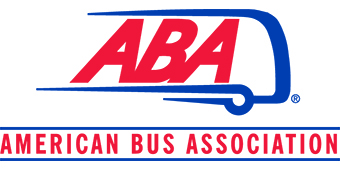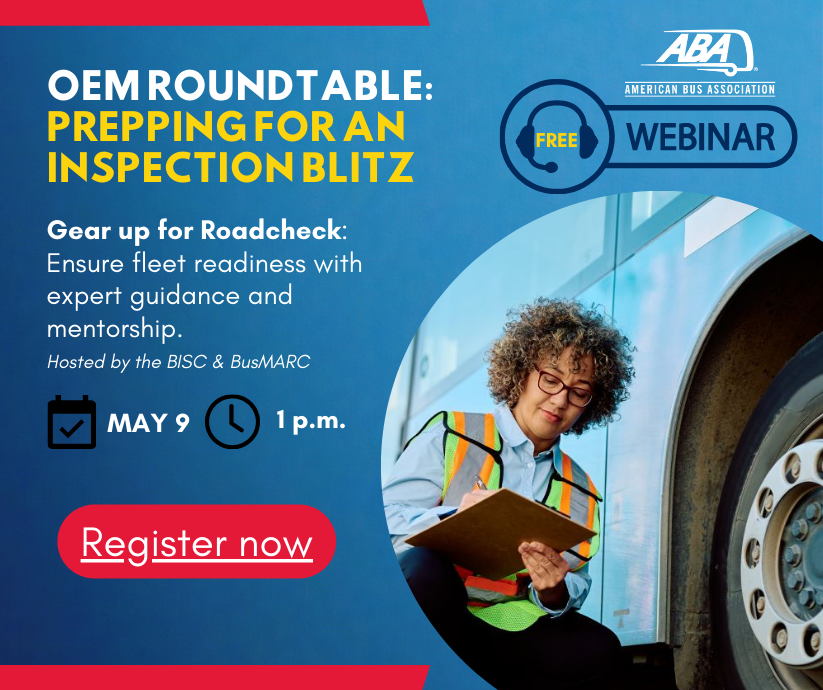ABA Celebrates Our Roads, Our Safety Week
May 5 – 11 marks the annual observance of Our Roads, Our SafetyⓇ Week, a pivotal initiative to educate users on safely sharing the road with large trucks and buses.

ABA and YGS Association Solutions, ABA’s publishing partner, provide you with extensive opportunities to reach and influence 750+ motorcoach operators throughout the year in any of our content offerings.
Advertise With Us!
Systemic inequities are not just an artifact of history; they continue and their impact on minoritized communities is as pervasive as it is vast. Diversity, equity and inclusion (DEI) work has been around for decades. However, many businesses have used the “check the box” approach to DEI or have ignored it altogether. To prepare for a more diverse future, businesses would do well to foster inclusivity and diversity in their leadership and employees. Inclusivity requires us to identify unconscious bias and become more mindful of our systems to create true belongingness which is good for business. Webinar | May 8 | 2 p.m. ET
More information
What have you done to ensure that your buses are in tip-top shape to be back on the road? Let our BISC and BusMARC experts take you through a checklist of things to think about and actions you can take today to set you up for success. Chat with our OEM’s about a variety of trends that they are seeing in terms of common breakdowns, as well as get updates on open campaigns and supply chain improvements. Webinar | May 9 | 1 p.m.
Register
Discover a transformative approach to health benefits. Learn how Individual Coverage HRAs (ICHRAs) and Defined Contribution Health Plans offer a fresh perspective on providing healthcare. It’s all about striking the perfect balance between comprehensive employee coverage and significant cost savings for employers. Webinar | May 14 | 2 p.m. ET
More information
In-person | May 21 | 9 a.m. PT The Hispanic Motorcoach Council is hosting a day-long spring event tailored to the needs of Hispanic and indigenous business owners in the industry. It will take place in Las Vegas, Nevada at the Park MGM Las Vegas from 9 a.m. to 4 p.m.
More information
Our Member Orientation Webinar will introduce you to the team at ABA and show you how to make the most of your membership. Webinar | May 23 | 3 p.m. ET
Register1/5
In our March/April 2024 issue, we celebrate and revisit all things Marketplace—candid photos from the event, award winners, and sponsors. We also explore Pigeon Forge, Tennessee, and The West.
View IssueMany of the comments I received about this year’s Marketplace in Nashville, Tenn., were a fervent “The event was amazing!” And why wouldn’t it be? Held Jan. 13–16 at Music City Center, Marketplace saw more operators taking business appointments than ever before (with over 300 operators on the business floor), more than 1,000 motorcoach and tour operators under one roof, nearly 3,000 attendees from every part of North America and overseas, and the most sponsors ever at more than 120.
Have a question? Ideas for new content? ABA wants your thoughts on this new resource and how it can better serve our members.
Send Feedback© 2024